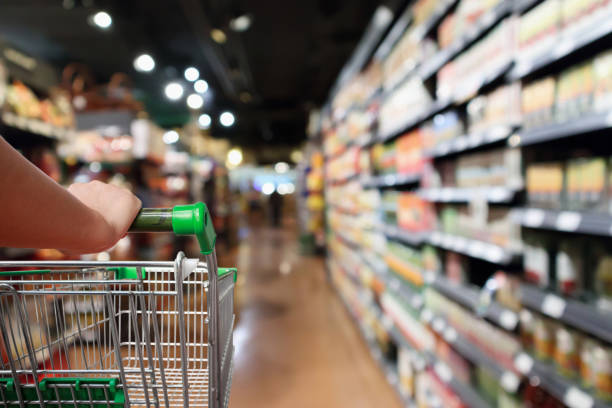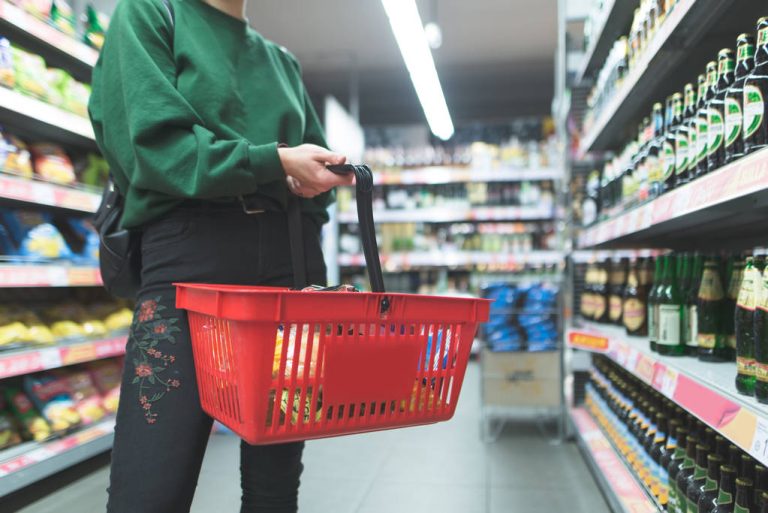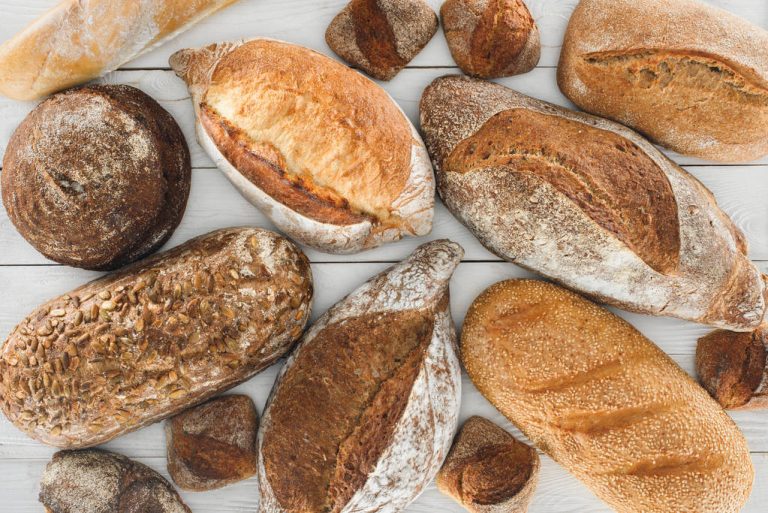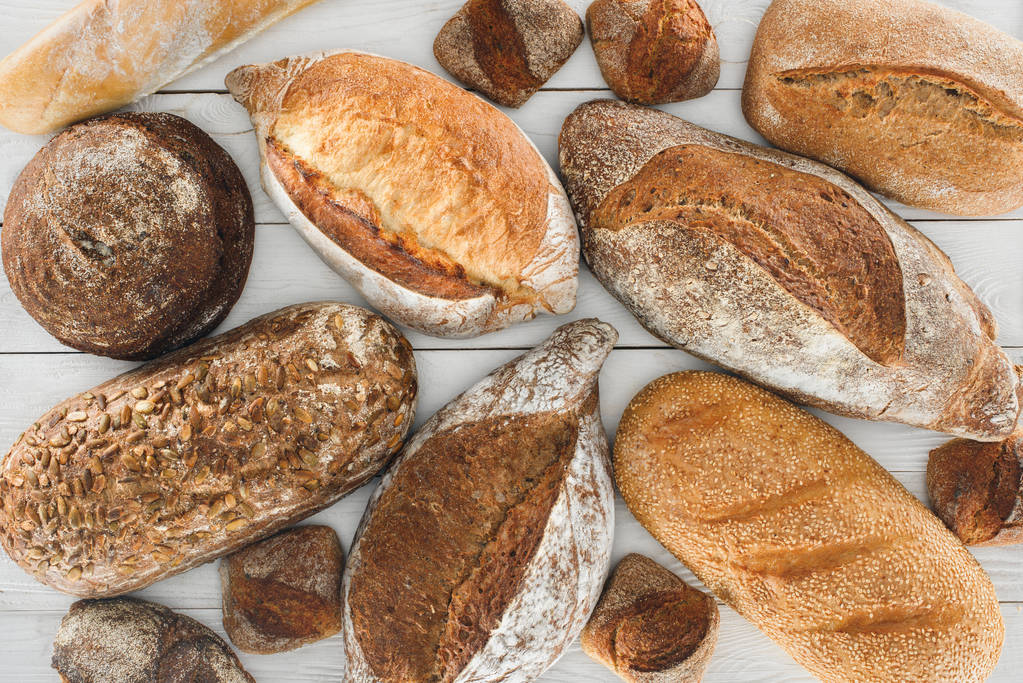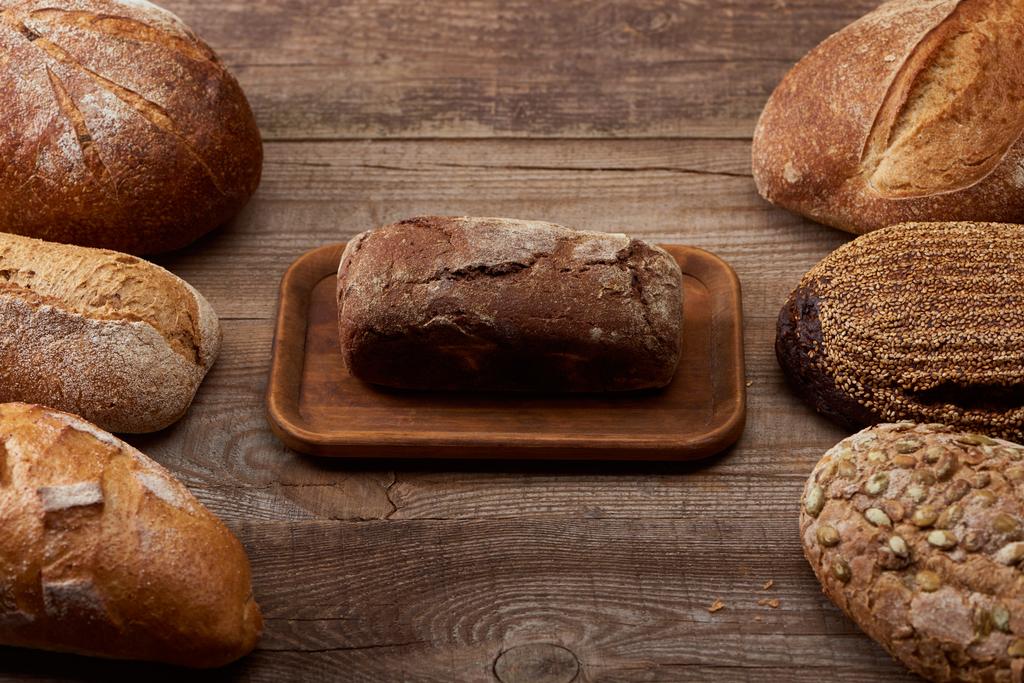Saving money when shopping in the supermarket is necessary for many people. For families, groceries are the second largest expense of the month. Consequently, there is great potential for savings here. We have the most important tips for cheap shopping and the best savings tips.
Saving money when shopping also needs to be learned in order to be able to lead a good life with a small wallet. The following savings tips refer to shopping in supermarkets, discounters, drugstores, and other grocery stores. So that you still have money left over for the nicer things in life.
1) Shop according to plan with shopping list and budget
Basically, before you go shopping, you should set a money limit and write a shopping list. Otherwise, food and other things that you don’t need will end up in the basket. You should therefore use the shopping list as a guide or use a shopping list app. Consequently, before going shopping in the supermarket, it is worth thinking a little longer about what to buy. If you have 1 or 2 deviations when shopping, that’s not bad at all. But going shopping without a plan increases the risk of taking more products with you. Also, note our tips on protecting the environment in the household with other environmentally friendly shopping tips.

2) Go shopping when you’re full
You should also do the shopping list and do the shopping after eating. Because when you’re hungry, you’re weak-willed and receptive to all the appetizers that abound at the grocery store. And then suddenly the delicious frozen pizza, chips, or chocolate end up in the shopping trolley. In addition, this is one of many psychological tricks to lose weight healthier.
3) Cheap shopping with bulk packs
One of many money-saving tips is to buy bulk packs. Because these are actually cheaper and help you to shop cheaply in the supermarket. But be careful when shopping with special offers and double packs. Here you should compare the content with that of the normal packaging. Because it can happen that the quantity in the double packs is reduced so that you don’t have a big saving. You should also consider whether you will use up and need the pack within the shelf life.
4) Use discount campaigns and bonus programs
While it’s a waste of time when you’re frantically chasing coupons and magazine deals, you can shop for cheap if you keep your eyes open along the way. So browse through the catalogs in the mailbox during your morning coffee. The incidental collection of loyalty points can also be converted into cash after a certain amount of time. It really shouldn’t be any more work. Because time is money too. Some selected discount campaigns of various supermarket chains at a glance:
- LIDL has heavily discounted items every week.
- EDEKA has promotional products throughout Germany every week.
- Regular REWE customers can save with loyalty points.
So far some examples of savings tips when shopping. You can find similar programs or apps in almost all supermarket chains that you should use if you regularly go shopping in a certain market. Also, note our ideas for bargain hunting on the Internet.
5) Save money when shopping with weeklies
Another good money-saving tip when shopping is to keep an eye on the weekly offers and special offers. But be careful, not every special offer is cheap! It’s about comparing here. This is especially true for meat and sausage products. If you have found a suitable offer, you can buy the product in larger quantities and freeze it if necessary. Please note our tips and instructions for freezing food.
6) Buy specific promotional items
The savings tips when shopping also includes the targeted purchase of promotional goods. Because when shopping in the supermarket you will always find an area intended for promotional goods. Then these products can only be found there. If you consciously visit this area with every purchase, you will pay less for things that are on your shopping list anyway. Also, note our article on online auctions on the Internet.
7) Look at the bottom of the shelf and shop cheaply
In order to really save money when shopping in the supermarket, you often only have to bend down. This is one of the best money-saving tips when shopping. Because most of the cheap offers are on the lowest shelves. Meanwhile, there are always expensive products at eye level. Because the easygoing person does not like to bend down. And the market researchers know that too. That’s why the products are usually sorted like this. Also, note our tips for shopping on the Internet.

8) Buy fresh instead of ready-made meals
It is often cheaper to cook fresh meals yourself. Accordingly, make a list of all the finished products that you buy regularly and try to replace them with fresh food. However, one can say that exceptions prove the rule here as well. Because a good pasta sauce in a jar with a special price can be cheaper than all the fresh ingredients. But don’t worry, after you’ve been buying fresh groceries for a while, you’ll start to get a feel for the prices. Read our tips on storing food properly and preserving it.
9) Resist the temptation in the entryway
Offers are often placed temptingly at the entrance to the department store and are attractively presented and encourage customers to grab them. If it is an offer that you need, pay attention to the price in detail. Because not all offers are really cheap. In some cases, lower prices are presented, but in return, there is less in the packaging than usual. Therefore, you can save money when shopping by comparing the prices and specifications of the content. Also, note our tips for saving in the household.



